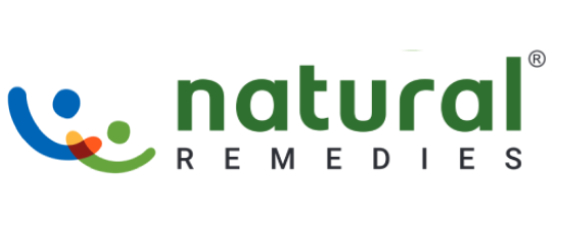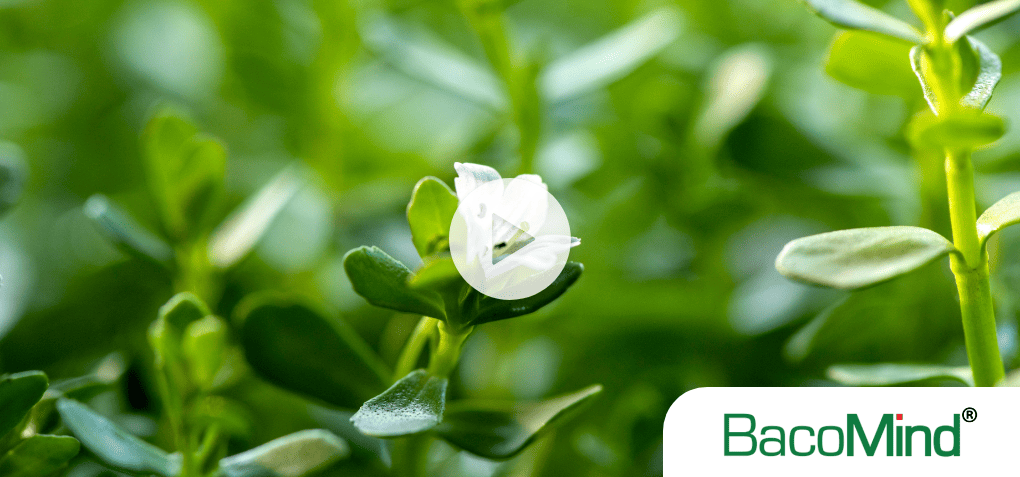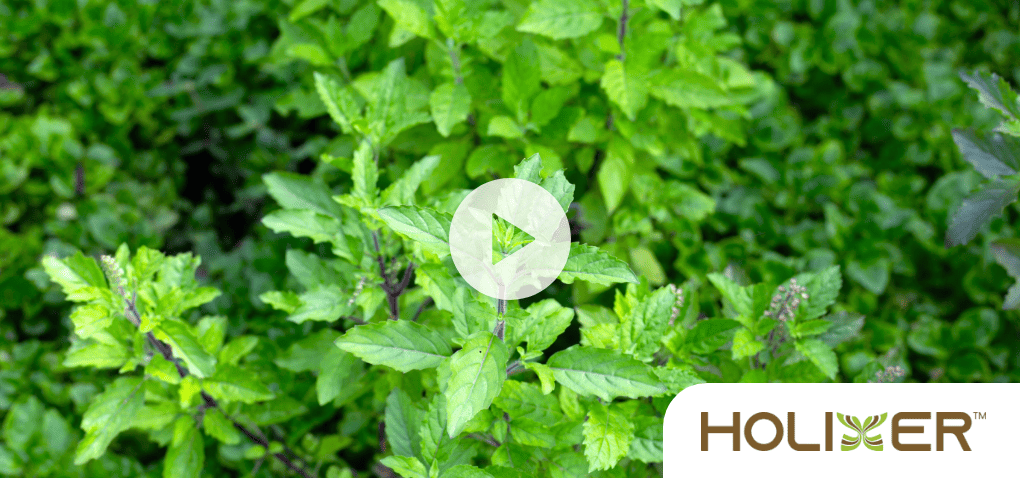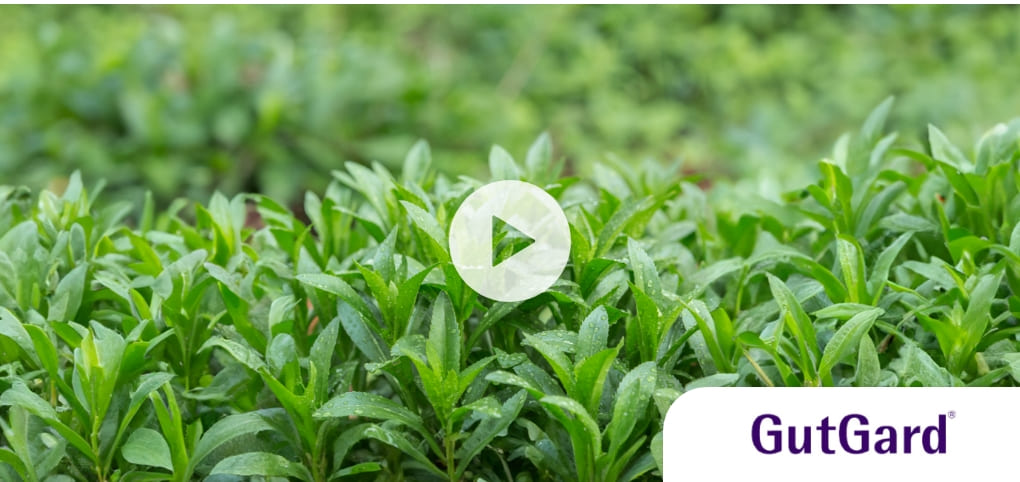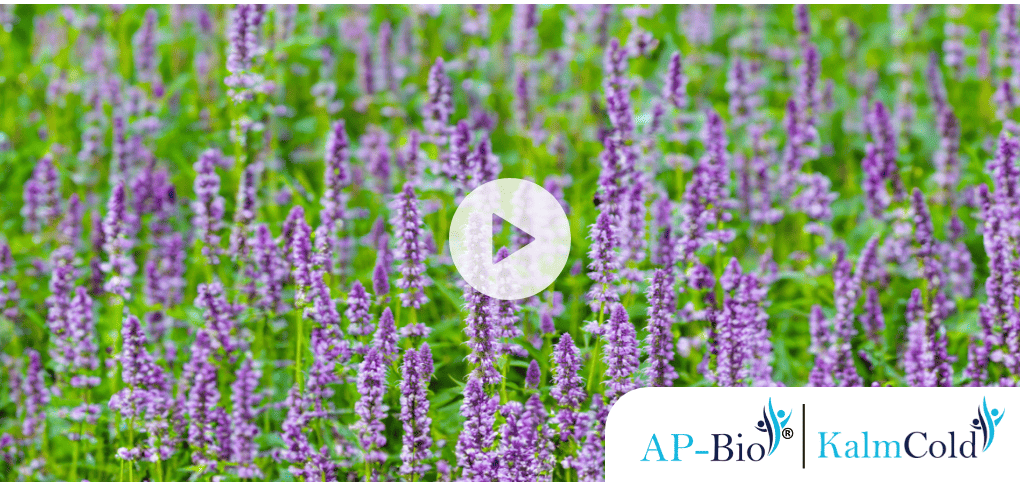
Environmental Management
We are an ISO14001-certified (environmental management) organization dedicated to employing sustainable practices from seed to shelf. Most of our herbs are cultivated using ‘Good Agricultural Practices’ & ‘Good Cultivation Practices.’ We minimize our carbon footprint by cultivating mostly with non-fossil fuel techniques. We recycle and reuse the water used for growing the agricultural crop, thereby maintaining the optimal groundwater levels. During manufacturing, the majority of the power utilized is from hydro and solar energy sources.

SUSTAINABLY MAKING
A DIFFERENCE
AT EVERY STEP
AT EVERY STEP
Partnering with Local Farmers for
‘Good Agricultural Practices’
‘Good Agricultural Practices’
0
+

0
+

0
+

0
+

Commitment to sustainability
‘Responsible management of natural resources has been a part of the way we do business since our inception. We have always sought to operate our co…
Making a difference through the “Joy of Giving Week”
We always strive to give back to the community and support people who do remarkable work for society. This time we partnered with Diya Ghar – an NG…
Training and capacity building of tribal communities for better livelihood
There are countless tribes across our country who are in need of intervention. To help the tribal and forest dweller communities, we directly reached…
Championing rural girls and women’s education
We believe youth empowerment is imperative for the flourishing future of our nation. That is why we keep on taking various initiatives for children’s…
